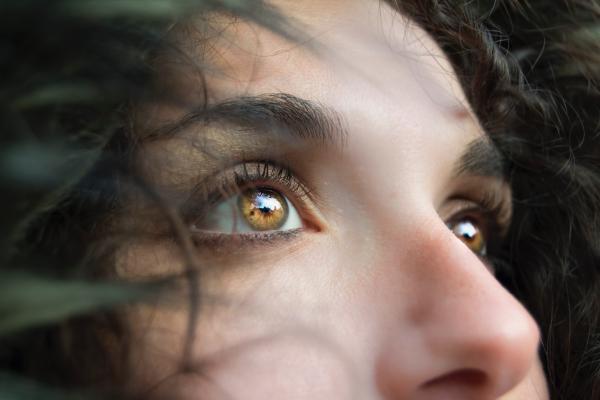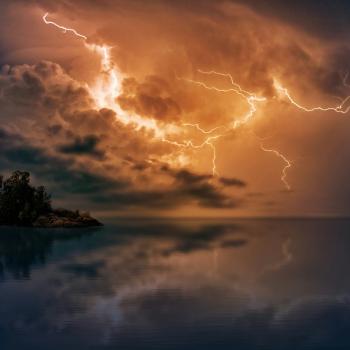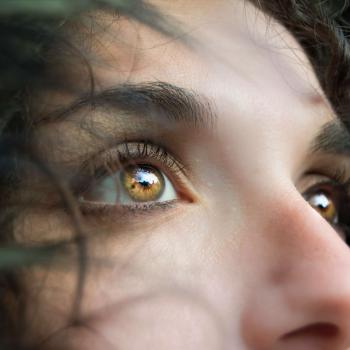
What keeps you from doing the things you want to do in life? Are you penned in by the expectations of others? Or is it your own doubting self that keeps you from fully expressing who you are and what you were meant to do in this life?
Seth Godin tells us that the culprit is often within us and labels it our inner critic, a voice inside us that “comes from the shadows.” We’re not talking about the voice of reason or intuition warning you against doing something dumb or misguided, but the voice that comes from the place where “we store our shame, our insufficiency, our fraudulent nature.”
Godin advises us on how to deal with the intractable fear-mongering of this inner voice, via an (edited) anecdote courtesy of Pema Chödrön:
When the inner critic arrives, invite him to sit for tea. Instead of running, welcome him. Dance with him, talk with him, take him along for a long, boring car ride. Suddenly, you’ll find he’s not so dangerous. He’s sort of banal, actually.
You need to see the inner fear for what it is, an imposter posing as your real self. The truth is “the critic isn’t nearly as powerful as you are, not if you are willing to look him in the eye.” When we confront and face down this fear, a funny thing happens. It crawls back into the shadows and leaves us to our own more astute devices.
There’s another way to look at and deal with fear.
It comes from John Templeton. He too realizes that it is important to distinguish between the fears that help us and those that hurt us. What Templeton is talking about in the following edited passage is the fear that keeps us from being our best selves.
If you have a given fear, ask yourself: what’s the worst possible thing that can reasonably happen. If the worst happens, is it manageable or reversible? Because in most cases, the worst that can happen is usually not that bad.
As Templeton points out, many times we fear things that cannot hurt us. “We fear the unknown and can often experience fear and anxiety about the future. We believe there is the potential for terrible things to happen to us and we don’t know when.”
When that happens, we are unable to live a full life, as the fear takes root in anticipation of the worst possible scenario. Nothing good comes of this:
- Fearing a possible humiliation, we forgo making a contribution.
- Fearing rejection, we avoid asking the things we need to ask.
- Fearing nonconformity, we relinquish our individuality.
Unreasoning, irrational fear holds us back from the fullest expression of ourselves. It locks us in an invisible prison. It causes us to compromise and settle for less and can even prevent us from loving ourselves and others.
But the truth is by approaching life without fear, things tend to work out for the best. When we put fear in its proper place, we lose the filter that prevents us from seeing a world that’s ripe with possibility and opportunity.
As John Templeton says, “like the child who discovers that ghosts are not real or worthy of fear, we can come to see that most of our fears are also phantoms,” or invisible barriers to becoming who we want to become. When we address these fears, we move forward with courage and discover:












